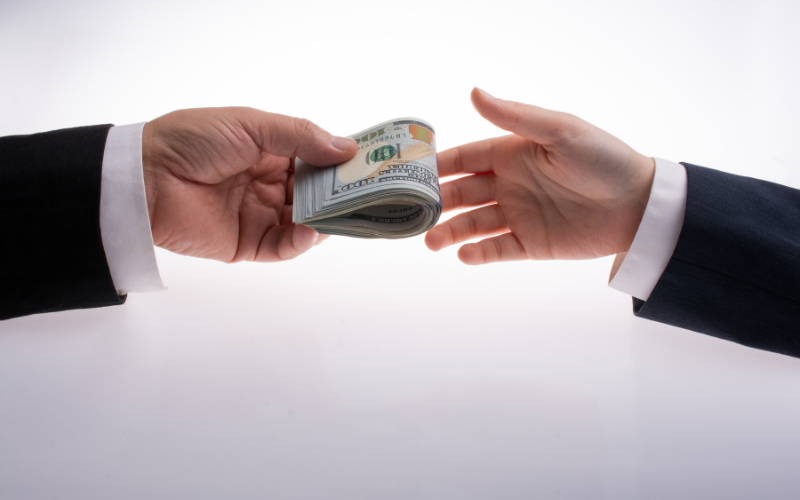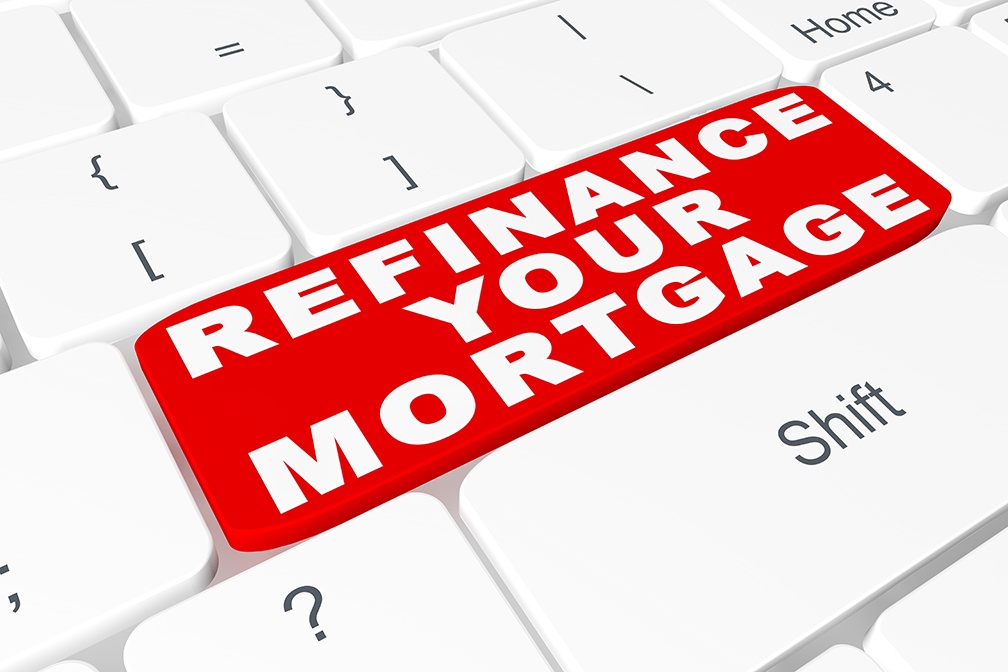 If you have made an offer on a house and gotten it accepted, congratulations! This is a major step, but you might be wondering how you actually pay for a house. The days of showing up to the closing table with a personal check are in the rearview mirror, as nobody wants a check for a house to bounce after the other person has already walked away with the keys. Furthermore, even if you are buying a house with cash, you certainly do not want to show up with a briefcase full of dollar bills. Here is how you will actually pay for the house.
If you have made an offer on a house and gotten it accepted, congratulations! This is a major step, but you might be wondering how you actually pay for a house. The days of showing up to the closing table with a personal check are in the rearview mirror, as nobody wants a check for a house to bounce after the other person has already walked away with the keys. Furthermore, even if you are buying a house with cash, you certainly do not want to show up with a briefcase full of dollar bills. Here is how you will actually pay for the house.
Wire Transfer To The Closing Attorney
When you purchase a house, you will send the funds for the down payment and the closing costs to your closing attorney. Typically, the seller has a preferred closing attorney they want to use, and you should be contacted by the closing attorney several weeks before the closing date. They will also give you a finalized document specifying exactly how much money you need to wire to the office to cover the down payment, any fees, and the closing costs. You will also need to go to your bank to arrange the wire transfer. The bank will also verify you have enough money in the account to cover the expenses.
Monthly Mortgage Payment Gets Drafted Automatically
If you are financing the purchase of a house through another lender, you will need to set up an automatic draft payment with the lender. Even though there are some lenders who will allow you to send a physical check every month, most will encourage you to set up an automatic draft payment out of your checking account. After the sale closes, you will typically have at least one month before you need to make your first mortgage payment. The lender will help you arrange the mortgage draft payment prior to that time.
Make Sure To Wire The Money Prior To Closing
You should try to wire the money to the closing attorney before the closing date. That way, you will offer any hiccups along the way. If you don’t wire the money in time, the sale could fall through, which can create complications you would rather avoid.
 If you want to save money on your home loan, you might be thinking about refinancing your mortgage. You might be able to replace your existing mortgage with a home loan that has a lower interest rate. Even a single point reduction in your interest rates could save you tens of thousands of dollars over the life of your loan. Before you refinance, be sure to ask about closing costs. Because you are replacing your existing home loan with a new one, you may incur some closing expenses. On the other hand, you could also have negative closing costs. In this case, you might get paid to refinance. How does this work?
If you want to save money on your home loan, you might be thinking about refinancing your mortgage. You might be able to replace your existing mortgage with a home loan that has a lower interest rate. Even a single point reduction in your interest rates could save you tens of thousands of dollars over the life of your loan. Before you refinance, be sure to ask about closing costs. Because you are replacing your existing home loan with a new one, you may incur some closing expenses. On the other hand, you could also have negative closing costs. In this case, you might get paid to refinance. How does this work?  You might have heard that more people are refinancing these days. During the refinancing process, you essentially take your current home loan and replace it with a different one. You can reduce your mortgage payments, shorten the life of your loan, or withdraw cash you can use for other purposes. What are a few of the signs that indicate you should consider refinancing?
You might have heard that more people are refinancing these days. During the refinancing process, you essentially take your current home loan and replace it with a different one. You can reduce your mortgage payments, shorten the life of your loan, or withdraw cash you can use for other purposes. What are a few of the signs that indicate you should consider refinancing?